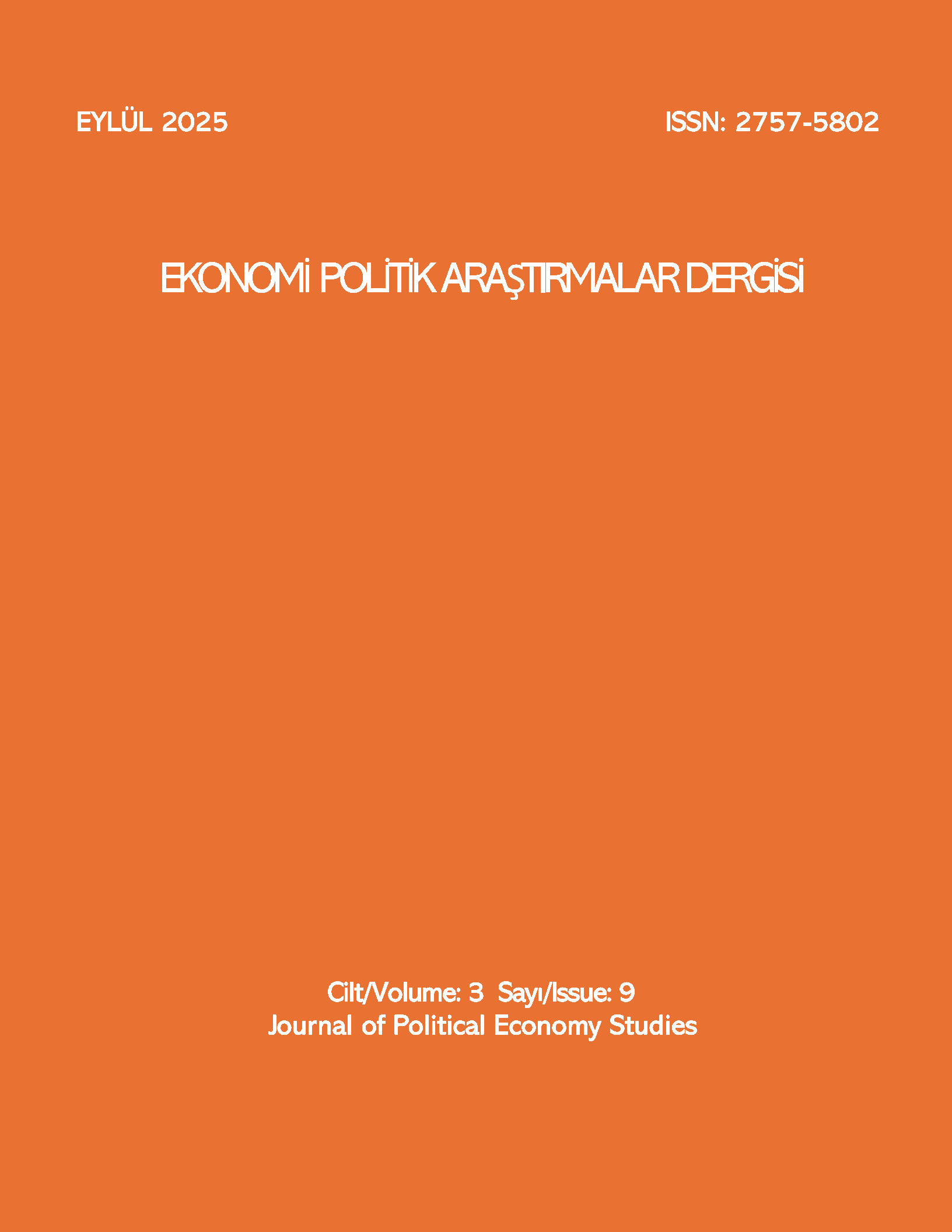Author :
Abstract
Sürdürülebilirlik, artan ekolojik sorunlar ve doğal kaynakların giderek tükenmesi bağlamında, üretim ve tüketim süreçlerinin çevre ile uyumlu hale getirilmesini zorunlu kılmaktadır. Bu yaklaşım, doğal kaynakların korunması, enerji verimliliği ve atıkların azaltılması gibi temel ilkeleri kapsayan sürdürülebilir üretim ve tüketim anlayışını içerir. Sürdürülebilir ürün geliştirme, mimariden endüstriyel üretime, turizmden enerji sektörüne kadar geniş bir uygulama alanına sahiptir. Hızlı tüketim malları (FMCG) sektöründe sürdürülebilirlik, yalnızca ürün kalitesi ve güvenliği ile sınırlı kalmayıp, ambalajlama stratejileriyle de doğrudan ilişkilidir. Ürün ve ambalaj tasarımında yerel ve ekolojik malzemelerin kullanılması, enerji verimli üretim süreçlerinin tercih edilmesi ve geri dönüştürülebilir, biyolojik olarak parçalanabilir veya tekrar kullanılabilir ambalajların uygulanması, çevresel etkilerin azaltılmasına ve kaynak verimliliğinin artırılmasına katkı sağlamaktadır. Bu çalışmada, FMCG sektöründe sürdürülebilir ambalaj uygulamalarının çevresel, ekonomik ve sosyal etkilerini değerlendirmek amacıyla SWOT analizi uygulanacaktır. SWOT analizi, sektörün güçlü ve zayıf yönlerini, fırsat ve tehditlerini sistematik olarak ortaya koyarak, sürdürülebilir ambalaj stratejilerinin etkinliğini analiz etmemizi sağlayacaktır. Böylece hem sektörel uygulamalara ilişkin kapsamlı bir değerlendirme sunulacak hem de sürdürülebilir ürün geliştirme perspektifi güçlendirilecektir.
Keywords
Abstract
Sustainability requires environmentally compatible production and consumption processes due to increasing ecological problems and the increasing depletion of natural resources. This approach encompasses the concept of sustainable production and consumption. It includes fundamental principles such as the conservation of natural resources, energy efficiency, and waste reduction. Sustainable product development has a wide range of applications, from architecture and industrial production to tourism and the energy sector. In the fast-moving consumer goods (FMCG) sector, sustainability is not limited to product quality and safety. It is also directly related to packaging strategies. The use of local and ecological materials in product and packaging design is important. Furthermore, opting for energy-efficient production processes and implementing recyclable, biodegradable, or reusable packaging are also important. These developments contribute to reducing environmental impacts and increasing resource efficiency. This study will conduct a SWOT analysis to assess the environmental, economic, and social impacts of sustainable packaging practices in the FMCG sector. The SWOT analysis will systematically identify the sector's strengths, weaknesses, opportunities, and threats, enabling analysis of the effectiveness of sustainable packaging strategies. This will provide a comprehensive assessment of sectoral practices, particularly strengthening the perspective on sustainable product development.





